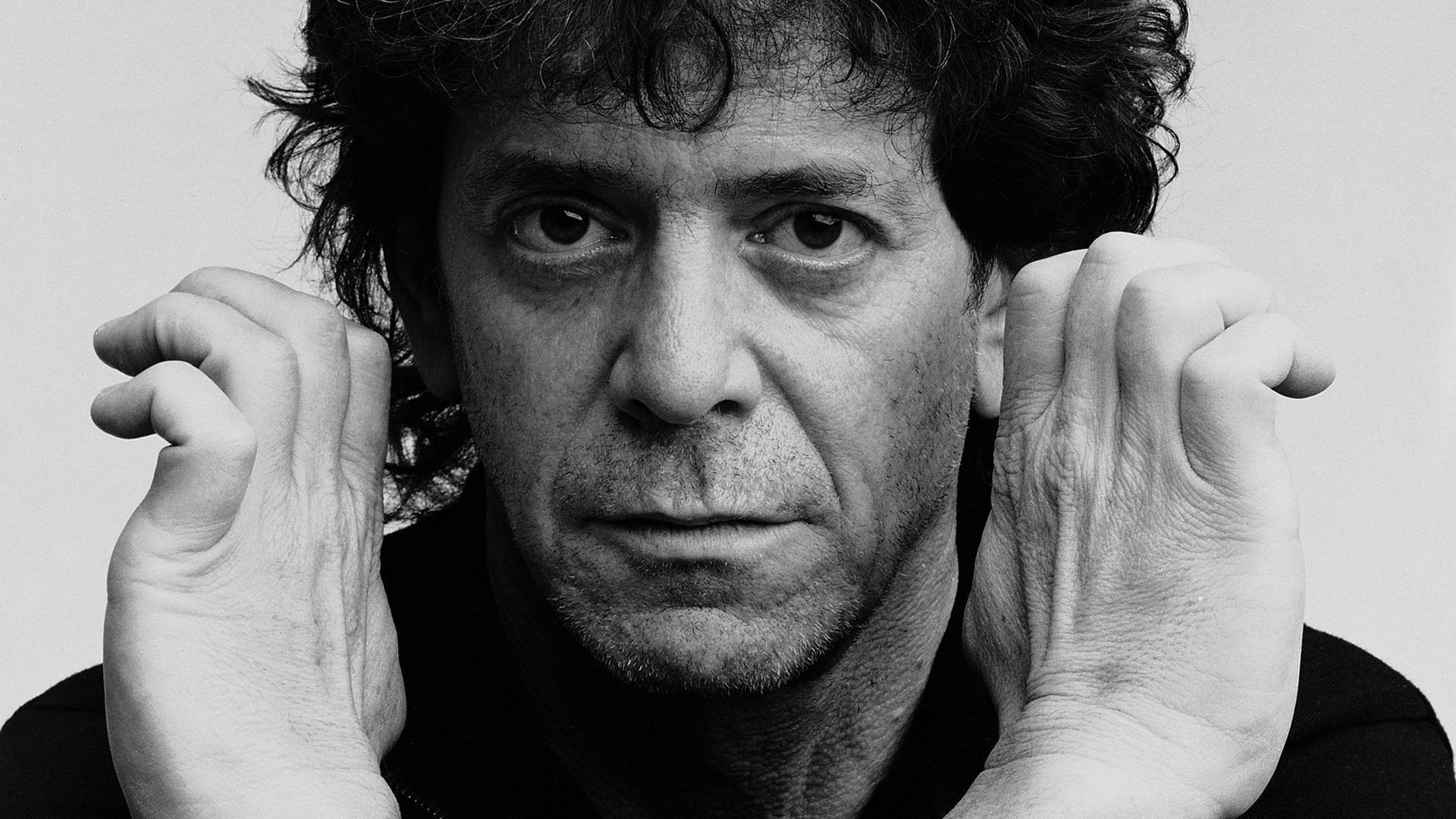
Why Lou Reeds Transformer Album Is a Cultural Milestone
Lou Reed's "Transformer" album, released in 1972, holds a seminal place in music history, bridging the gap between avant-garde art and popular rock. As part of Reed's impressive solo career after leaving The Velvet Underground, "Transformer" showcased not just his unique songwriting but also the collaborative efforts of legendary producer David Bowie and Mick Ronson. This dynamic combination gave birth to an album that not only captivated audiences but also transformed cultural perceptions of sexuality, identity, and rock music. In exploring the significance of "Transformer," we gain insight into why it remains a cultural milestone even decades later.
Radical Themes and Lyrical Brilliance
The brilliance of "Transformer" is often attributed to Reed's fearless exploration of themes that were bold for the time. Songs like "Walk on the Wild Side" challenged mainstream sensibilities by addressing topics such as gender identity and drug culture. The narrative quality of Reed's lyrics, combined with his raw vocal delivery, made these complex topics accessible to a broad audience. This helped to break social taboos in the 1970s, and its impact can still be seen today in contemporary music and art, signifying a cultural shift toward acceptance and understanding of diverse identities.
A Collaborative Masterpiece
Working with David Bowie and Mick Ronson redefined the album's sound, infusing it with glam rock elements that appealed to a wide range of listeners. The production quality of "Transformer" was revolutionary, blending rock with theatricality. For example, the grand orchestration in tracks like "Perfect Day" brings an emotional depth that contrasts vividly with the gritty realism of Reed's storytelling. This collaboration not only elevated Reed's artistry but also showcased Bowie's influence on 1970s music, making "Transformer" a cornerstone of that transformative era.
Cultural Impact and Enduring Relevance
The reception to "Transformer" was immediate and lasting. It has since been recognized as one of the greatest albums of all time, ranking on numerous 'best of' lists compiled by music publications. Its themes of marginalization and celebration of individuality resonate deeply in modern discussions surrounding LGBTQ+ rights and personal freedom. The influence of "Transformer" is palpable today, as artists like Lady Gaga and Lana Del Rey cite Reed as a key inspiration in their work. The role of the "Lou Reed Store" further emphasizes this cultural significance—it serves as a tribute to his impact, offering an array of merchandise that keeps his legacy alive among fans new and old.
A Celebration of Individuality
Ultimately, "Transformer" is not just an album; it's a declaration of authenticity and courage. Reed's unapologetic approach to self-expression and storytelling paved the way for generations of artists to explore their own identities within their music. As we revisit the relevance of "Transformer" today, we are reminded of the power of music as a tool for cultural commentary and change. The album remains a beacon for those who dare to be different, making it a timeless work that continues to inspire and educate. With every listen, we celebrate Lou Reed’s boldness, artistic vision, and the cultural revolution he embodied.









